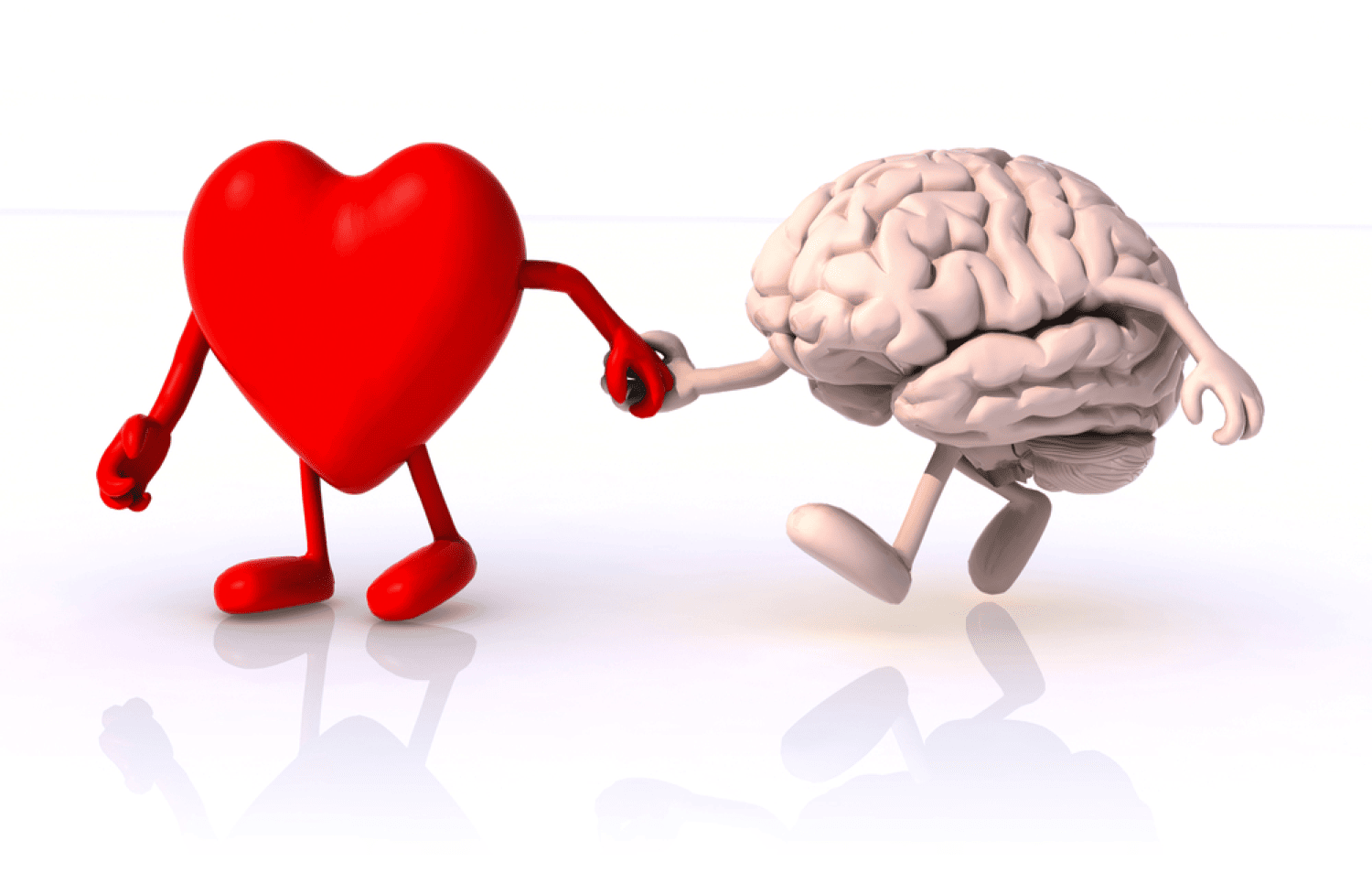The Mind-Heart Connection: How Emotional Wellness Can Affect Your Heart
| By Sheldon Riklon, M.D.
Let’s talk about something we often overlook: the connection between mental health and our hearts. They actually influence each other in ways we’re only just starting to understand. It turns out the connection between the heart and the mind is a two-way street. When we’re stressed or anxious, it can mess with our heart and increase the chance of heart disease. On the other hand, a healthy heart contributes to a healthy brain and emotional well-being.
Stress, often termed the “silent killer,” can actually increase our chances of heart disease. Long-term exposure to stress hormones causes damage to the heart by raising blood pressure, increasing our heart rate and causing inflammation. Long-term stress also takes a toll on our overall mental health, leading to anxiety and depression.
Anxiety and depression are common mental health issues, but they don’t just mess with our moods — they mess with our hearts, too. People with anxiety or depression can have a hard time maintaining healthy habits, such as eating a balanced diet and getting enough physical activity. Plus, anxiety and depression can cause physical changes like inflammation, which can also make heart disease more likely.
Thankfully, there are things you can do to improve your emotional wellness and your heart health. These strategies can help promote overall well-being:
Take a breather — Practicing mindfulness and meditation can reduce stress, help us relax and lessen our anxiety. Find a quiet place to sit down, close your eyes and take a few deep breaths. Even if you only have a few minutes, taking the time to pause for a moment can positively affect the mind and the heart.
Get moving — Regular physical activity isn’t just good for your body — it’s also a mood booster. A happy mind and a strong heart? Double win! Going for a walk, taking a fitness class or even doing some chores around the house are all great ways to get your body moving.
Eat good stuff — Fill up on fruits, vegetables, whole grains and lean proteins. These foods help our hearts and our brains work better.
Build connection — Having friends and family around helps keep stress down and lowers the risk of heart issues.
Your heart and mind work best when both are in good shape. Doing things to keep this dynamic duo in harmony will help you live a more balanced life.
Sheldon Riklon, M.D., is an associate professor in the Department of Family and Preventive Medicine and a co-investigator with UAMS Community Health & Research in Springdale. He is also the inaugural recipient of the Peter O. Kohler, M.D., Endowed Distinguished Professorship in Health Disparities.
